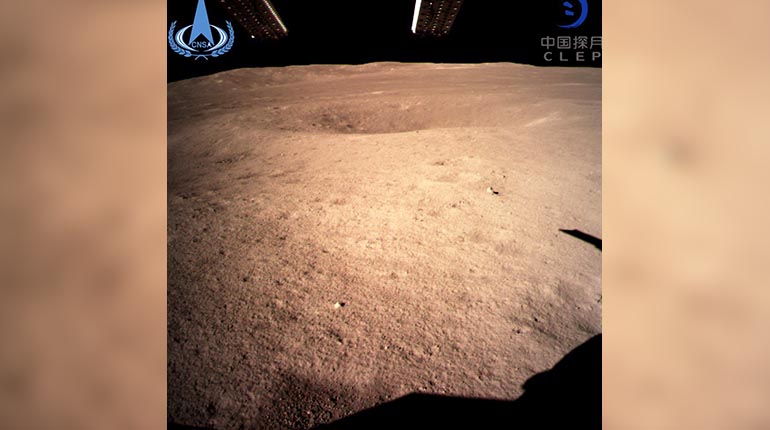
MADRID
For several years, space agencies in the United States and Europe, NASA and ESA, respectively, have set their sights on two ambitious goals: to return to the moon and establish a shuttle or orbital station, and to travel to Mars, two challenges. which will force people (astronauts or tourists) to spend long periods in space.
Therefore, knowing the effects of weightlessness on the body is extremely important. And the fact is that on Earth, the heart’s effort to maintain blood flow and pump blood throughout the body and counteract gravity helps it maintain its size and function, but in space, where there is no gravity, the heart shrinks.
During one of these studies, NASA kept astronaut Scott Kelly on the International Space Station (ISS) for a full year.
Now, a new study published in Circulation (the journal of the American Heart Association) compared Kelly’s endurance test to the feat of Benoît Lecomte, an elite swimmer who swam across the Pacific Ocean in 2018 to investigate the impact of term weight long. in the heart.
Immersion in water is an excellent model of weightlessness, as water compensates for the effects of gravity, especially in a predisposed swimmer, a specific swimming technique used by long-distance endurance swimmers.
While on the ISS, Kelly exercised six days a week, one to two hours a day, during the 340 days in space, from March 27, 2015 to March 1, 2016, and used an exercise bike. treadmill and did endurance exercises. .
Lecomte, in turn, swam 159 days – between June 5 and November 11, 2018 – and covered 1,753 miles, averaging almost six hours a day, but the effort did not stop his heart from shrinking and weakening.
The comparative analysis revealed that in their tests both Kelly and Lecomte lost weight in the left ventricles (Kelly 0.74 grams / week; Lecomte 0.72) and both suffered an initial decrease in the diastolic diameter of the left ventricle of their heart. (Kelly’s dropped from 5.3 to 4.6 cm; Lecomte dropped from 5 to 4.7 cm).
Even the most sustained periods of low-intensity exercise were not enough to counteract the effects of prolonged weight.
However, this study reminds that these are two extraordinary facts and that in order to understand how the body responds to extreme circumstances, more studies will be needed whose results can be extrapolated to the general population (potential space tourists).
In any case, the study confirmed that the heart is remarkably plastic and responds especially to its gravity or absence, but it was a surprise to see that “even extremely long periods of low-intensity exercise do not prevent the heart muscle from shrinking.” he said. explains.Benjamin D. Levine, lead author of the study and professor of internal medicine at the University of Texas.